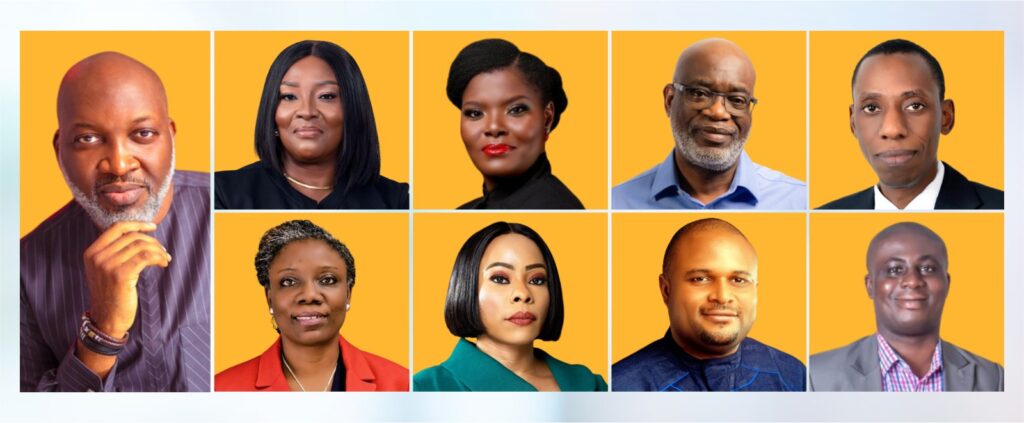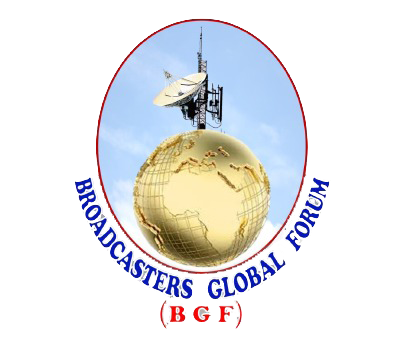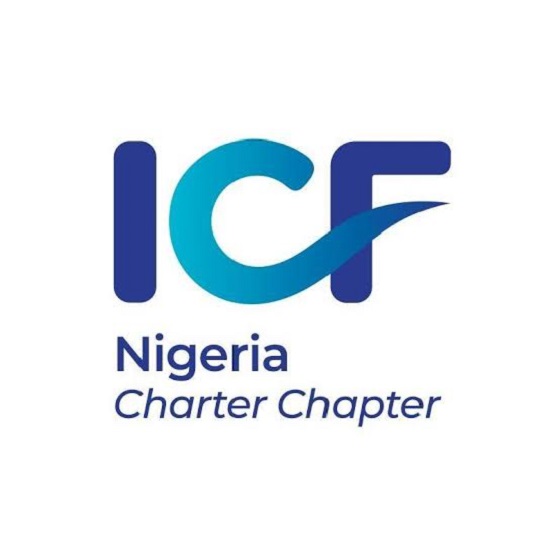The International Coaching Federation (ICF) Nigeria Charter Chapter has inaugurated a new Board of Directors to run its affairs for the next two years (2024-2026).
The new ICF Board has as its President, Akanimo Ekong, a peak performance coach, trainer, talent acquisition expert, HR leader and counsellor at Oakwood Knowledge Academy.
Others are Ugochi Ossai, Vice President, Stephanie Kadiri, Marketing & Communication Director; Olufemi Odelusi, Education Director; and Tosin Ibikunle, Partnerships & Social Impact Director. The Board’s Secretary is Yetunde Anibaba; Membership Director, Charles Okeibunor; Programs Director, Ekhoe Ame-Ogie; and Finance Director, Michael Ogu.

From left – right: President, Akanimo Ekong; Vice President, Ugochi Ossai; Marketing & Communication Director, Stephanie Kadiri; Education Director, Olufemi Odelusi; Partnerships & Social Impact Director, Tosin Ibikunle; Secretary, Yetunde Anibaba; Membership Director, Charles Okeibunor; Programs Director, Ekhoe Ame-Ogie; and Finance Director, Michael Ogu.
According to the ICF Membership Director, Charles Okeibunor, there are over 31,000 coaches credentialed by ICF across the world, of which 37 are in Nigeria, one of the 143 Chapters of ICF in 99 countries.
To hold a credential in ICF, which is the global coaching standard, a coach must have a minimum of one hundred (100) hours of coaching experience, submit a successful recording with ICF and pass the Coach Knowledge Assessment examination.
Okeibunor, a lawyer, corporate human resource trainer, workplace transformation expert, and executive coach, who doubles as a member and training facilitator at the Broadcasters Global Forum, told newsmen that his personal goals were “to get more Nigerians to understand that coaching is a basic need for personal and professional growth and to attract more suited people into such a life-transforming profession.”
There are currently only 37 ICF Credentialed Coaches in Nigeria compared to the size of its labour force estimated by the World Bank at 73 million in 2022.
PR/Tony Ekata

